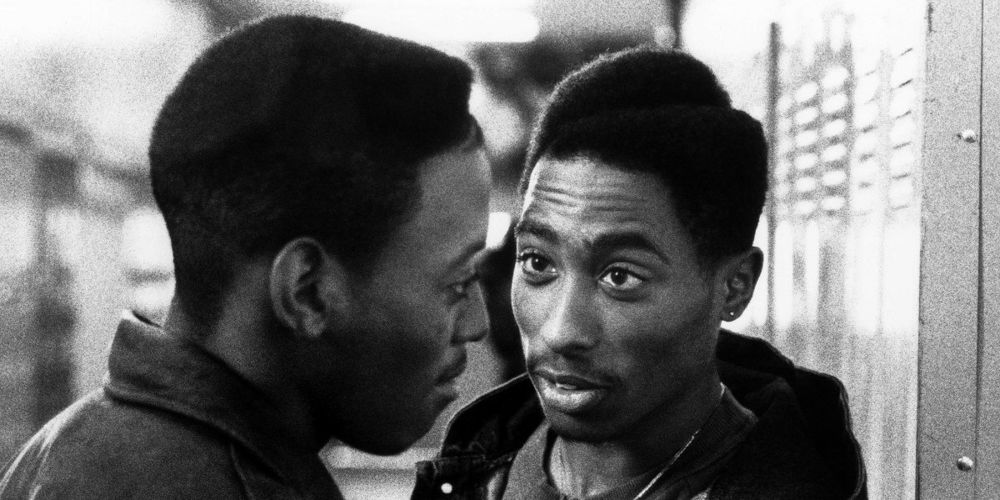
Roots.
If you come from a black household, that word holds a certain connotation in your head, and perhaps it’s different than other people’s. To you, Roots isn’t simply what the Webster dictionary states. When you hear the word, you know the sense of familiarity it holds across black households. It’s become a string that interweaves almost all black people, another staple to symbolize the things we all have in common. We’ve all either read it, watched it, or at the very least heard of it. Let’s just say, if you go to someone else’s cookout, you aren’t afraid to make a reference, because you know at the very least they’ll understand.
For those of you who don’t know what Roots is; it’s the story of Kunta Kinte, an African sold into slavery in the United States, and the story of all the ancestors that come after him. To many, it’s an important part of black history, a story that displayed the harsh treatment of slaves and how a slave could fight back. It’s legacy as a slave movie arguably goes unmatched.
Roots was originally a book published by Alex Haley in 1976. Since then, there have been multiple adaptations of the story on multiple platforms. In 1977, a miniseries version of the book aired on ABC; in 1979, a continuation of the miniseries was released; in 1998, a made for TV movie was released; and now, 30 years after the book was released, yet another miniseries adaptation has been made for the History Channel.
And of course, this got people talking.
Mixed opinions amongst people who have heard the story a million and one times arose. Some questioned if we really need another broadcasting of the same story 30 years and 3 previous adaptations later. Others were excited for it’s release, stressing it’s importance to not only the black community but the community of the United States as a whole.
But why are there such mixed feelings about this adaptation in the first place?
In the film industry, it seems as though there are only 3 places for a black body. You’re either a: token black in an all white cast, a gang member or criminal in a movie who’s plot revolves solely around crime, or a slave. Black people in film are seemingly obsolete outside those 3 roles, and it becomes aggravating to the people who want to see something different. Where are the superhero movies with an all black cast and a “token” white? Where are the sci-fi movies where the aliens land in a poor, predominantly black neighborhood and we all come together to find a way to get rid of them? Where’s the little black boy whispering “I see dead people”? It’s an idea that poet Danez Smith touches on in his poem Dinosaurs In The Hood. It’s the idea of being something other than a stereotype.
Why are we subject to the same movie, over and over again. Is this all people see us as? Troublemakers and former slaves?
And yes, I suppose one could argue that white people also have 10 versions of the same movie (I mean seriously, how many romantic comedies with a cliché plot can there possibly be?), but the difference here is, they also get the super cool movies. They get the action packed superhero movies, and the horror movies that leave you jumping out of your seat, they get the best of both worlds, a representation of everything that they are and everything that they wish they could be.
But the representation that we get is not even a fraction of who we are.
So when people complain about yet another Roots adaptation, understand that they’re not really complaining about yet another Roots adaptation. In fact, we all understand how important Roots is to our community. The complaint here is about the lack of diversity in the representation of a culture. With a culture full of people who come in all shapes and sizes, with all different professions and interests, why are we subject to watching the same old movie depict us as a group of people who all are interested in the same things? Why are we forced to watch our painful past be broadcast to us once a year like clockwork? We don’t need any more slave movies; Django and and 12 Years a Slave are excellent works, and there’s no need to try and top them. Enough of the gang/crime/drug movies, though I enjoy the elevator scene in Juice as much as the next person, and I tear up at the end of Menace II Society every time without fail, we have enough of these movies to last us a life time.
The burden of our history or our stereotype is a weight we carry every day. We don’t need to watch it on a big screen again and again.
We are people too, so is it too much to ask to be portrayed as such?


Comments are closed.